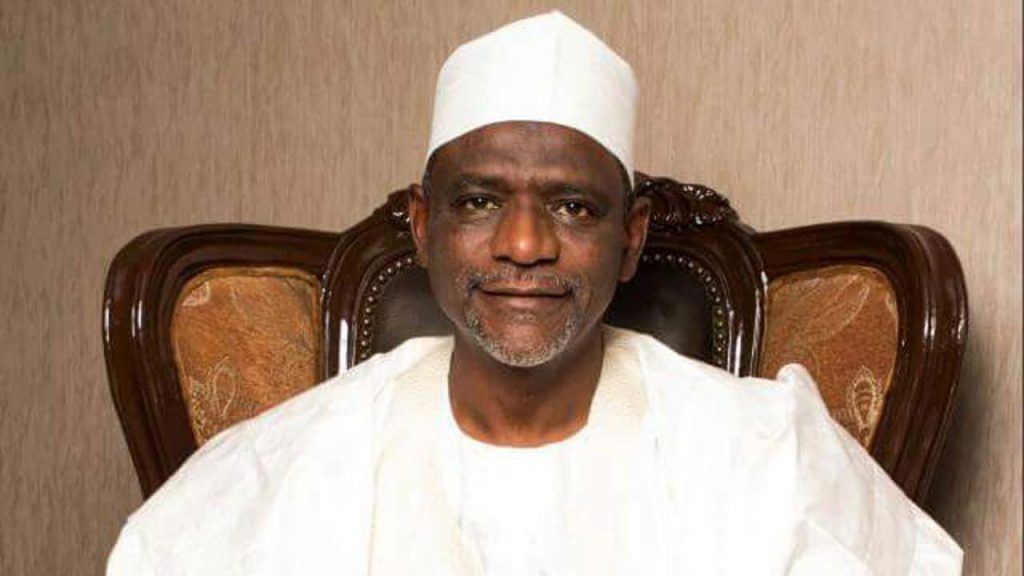Akwa Ibom is second endemic state with out-of-school-children menace in the country, a survey by the Federal Government has revealed.
Of the 12 endemic states, Kano State is ranked first with out-of-school-children menace.
Katsina is third followed by Kaduna, Taraba, Sokoto, Yobe, Zamfara, Oyo, Benue, Jigawa and Ebonyi states.
Minister of Education, Malam Adamu Adamu, who stated this in Abuja at a weekly press briefing, said based on a recent National Personnel Audit of both Public and Private schools, Nigeria now has an estimated out-of-school children population of 10.193,918.
Adamu said based on the census, “Nigeria has one of the highest numbers of out-of-school children in sub-Saharan Africa and perhaps in the world, ranked only second to Pakistan.”
“The most endemic states of the out of school children include; Kano, Akwa Ibom, Katsina, Kaduna, Taraba, Sokoto. Others are Yobe, Zamfara, Oyo, Benue Jigawa and Ebonyi.
“For us as an administration, our concerns have been two-fold; to find an empirical means of getting the figures right and the best ways of reducing the number to the barest minimum.”
He listed factors responsible for the unfortunate phenomenon include financial incapacitation, violent conflicts, ignorance on the part of parents and guardians, lack of political will to confront the ugly phenomenon, socio-cultural complexities, distance to schools, physically challenged children, child labour, migration and orphanage.
As part of effort to reduce the out-of-school children population, the minister said the current administration embarked on the school feeding programme in some states of the federation, adding that it is now clear that the programme has led to an unprecedented increase in school enrolment.
While assuring that the number of out-of-school children would dropped significantly by the time the federal government completes the 2019 school census exercise, he however noted that the government was facing the problems of inadequate security due to banditry and insurgency.
According to him, the challenges include misconceptions about the value of education, slow implementation of Universal Basic Education Commission, UBEC, programmes by States Universal Basic Education Boards, SUBEBs, low draw down of matching grant by SUBEBs, inadequate funds for special Education, inadequate grassroots needs assessment before project execution and wrong location of projects.
The minister recommended increased advocacy and sensitization of stakeholders at all levels as well as improved synergy among stakeholders in basic education, State Government’s provision of incentives to School Based Management Committees, SBMCs, among other solutions to tackle the challenges.

